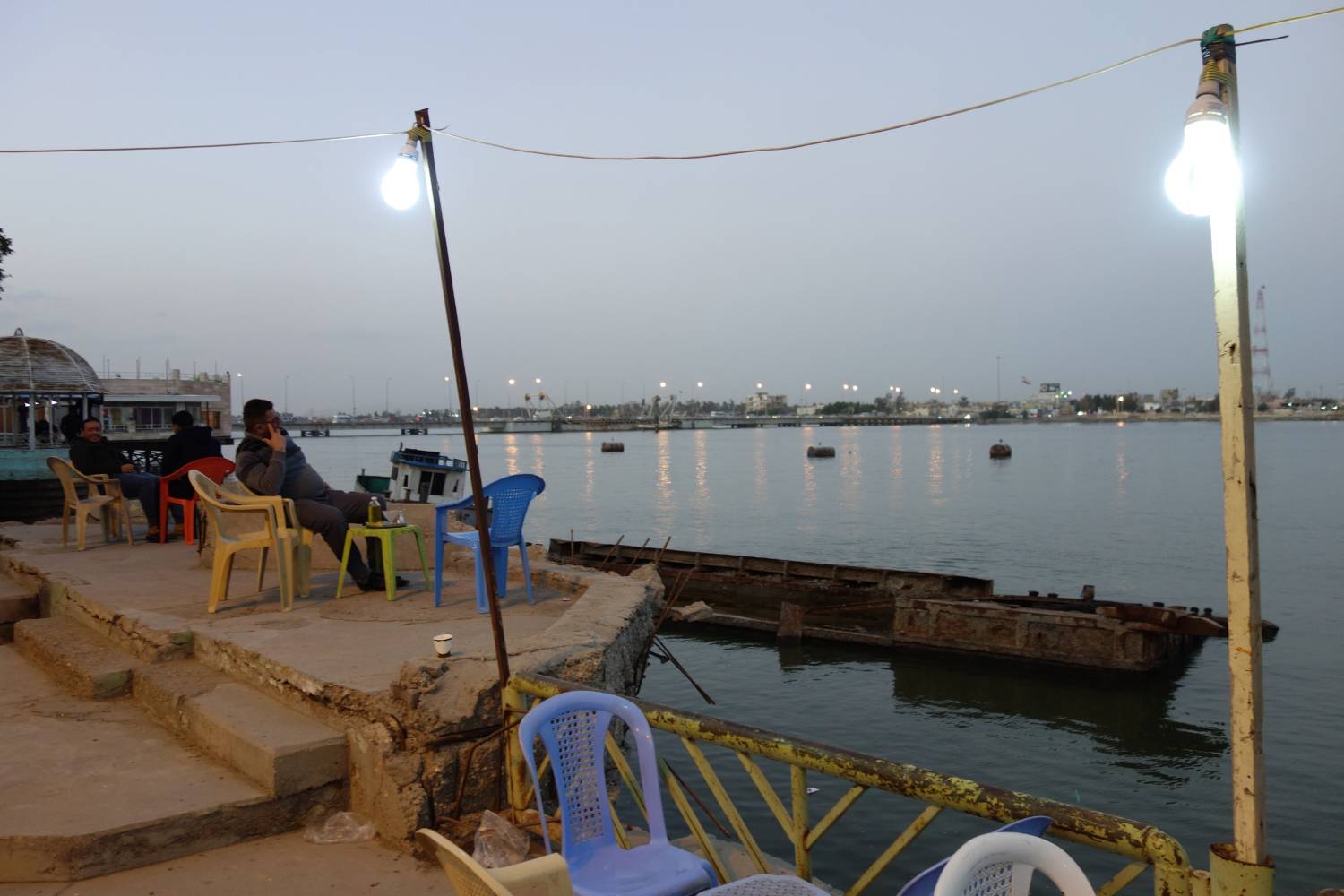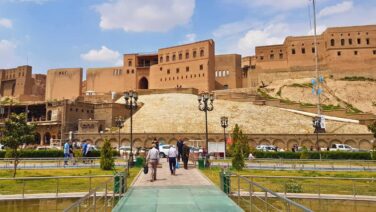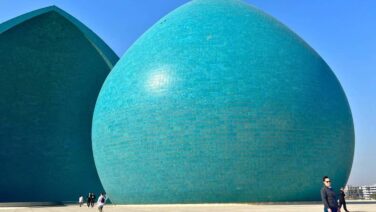Basra, located in southern Iraq, is a city with a rich history and a vibrant cultural scene. Often referred to as the “Venice of the Middle East” due to its extensive network of canals and waterways, Basra is a city of both historical significance and modern charm. For travelers seeking to explore Iraq’s southern treasures, Basra offers a unique blend of ancient heritage, natural beauty, and contemporary attractions.
Ancient and Early Islamic Periods:
- Foundation: Basra was founded in 636 AD as a military encampment by the Caliph Umar ibn al-Khattab. It quickly grew into a major city due to its strategic location near the Shatt al-Arab waterway.
- Islamic Golden Age: During the Abbasid Caliphate, Basra became a center of learning, culture, and commerce. It was home to renowned scholars and poets, contributing significantly to Islamic literature and science.
Medieval Basra:
- Trade and Commerce: Throughout the medieval period, Basra remained an important trading hub, linking the Persian Gulf with the Indian Ocean and beyond. The city’s prosperity was fueled by its bustling ports and vibrant markets.
- Decline and Revival: Basra faced periods of decline due to invasions and political instability but continued to revive and maintain its position as a key commercial center.
Modern Basra:
- 20th Century: In the 20th century, Basra experienced significant development and modernization. The discovery of oil in the region brought economic growth and infrastructural improvements.
- 21st Century: Today, Basra is a dynamic city that blends its rich historical heritage with modern amenities. It continues to be a vital economic and cultural hub in Iraq.
Must-Visit Attractions
Shatt al-Arab:
- River Splendor: The Shatt al-Arab waterway is formed by the confluence of the Tigris and Euphrates rivers. It is a picturesque area perfect for boat tours, providing stunning views of the surrounding landscapes and the city’s skyline.
Basra International Airport:
- Gateway to the South: The modern Basra International Airport serves as a key entry point for international visitors, offering convenient access to the city and its attractions.
Basra Corniche:
- Waterfront Beauty: The Corniche is a scenic waterfront promenade that stretches along the Shatt al-Arab. It’s an ideal spot for a leisurely stroll, offering beautiful views, gardens, and local cafes where visitors can relax and enjoy the ambiance.
Old Mosque of Basra:
- Historical Landmark: One of the oldest mosques in Islam, the Old Mosque of Basra, also known as the Great Mosque, is a significant religious and historical site. Its architecture and historical importance make it a must-visit for those interested in Islamic history.
Basra Museum:
- Cultural Treasure: Housed in a former palace, the Basra Museum showcases artifacts from the region’s ancient history to its modern era. The museum offers insights into Basra’s cultural heritage and historical development.
Cultural Experiences
Iraqi Cuisine:
- Local Flavors: Basra’s culinary scene is a delightful mix of traditional Iraqi dishes and regional specialties. Don’t miss the chance to try masgouf, a traditional grilled fish dish, along with local favorites like biryani and kebabs. The city’s seafood is particularly renowned due to its proximity to the Persian Gulf.
Markets and Souks:
- Shopping Delight: Basra’s markets are bustling centers of commerce where you can find everything from spices and textiles to handcrafted goods and jewelry. The Ashar Market is one of the most famous, offering a vibrant shopping experience.
Cultural Festivals:
- Celebrations: Basra hosts several cultural festivals throughout the year, celebrating its rich heritage and vibrant community. These festivals often feature traditional music, dance, and food, providing visitors with an immersive cultural experience.
Natural Attractions
Marshlands:
- Ecological Wonder: The Mesopotamian Marshlands, located near Basra, are one of the world’s most significant wetlands. They offer a unique ecosystem teeming with wildlife and provide opportunities for boat tours, bird watching, and exploring the natural beauty of the region.
Al-Faw Peninsula:
- Coastal Charm: Located at the southern tip of Iraq, the Al-Faw Peninsula offers stunning coastal views and pristine beaches. It’s an ideal destination for those looking to relax by the sea and enjoy the natural scenery.
Practical Information
Best Time to Visit:
- Weather Considerations: The best time to visit Basra is during the cooler months from October to April. Summers can be extremely hot, making outdoor activities less enjoyable.
Getting There:
- Accessibility: Basra International Airport is well-connected to major cities in the Middle East and beyond, making it easy for international travelers to reach Basra. The city is also accessible by road and rail from other parts of Iraq.
Accommodation:
- Where to Stay: Basra offers a range of accommodation options, from luxury hotels to budget-friendly guesthouses. Popular choices include the Basra International Hotel, Shams Al-Basra Hotel, and various boutique hotels that offer comfort and convenience.
Basra Attractions
Basra, often referred to as the “Venice of the East” is a city steeped in history and culture, offering a unique blend of ancient sites and modern developments. Here are some of the top attractions in Basra:
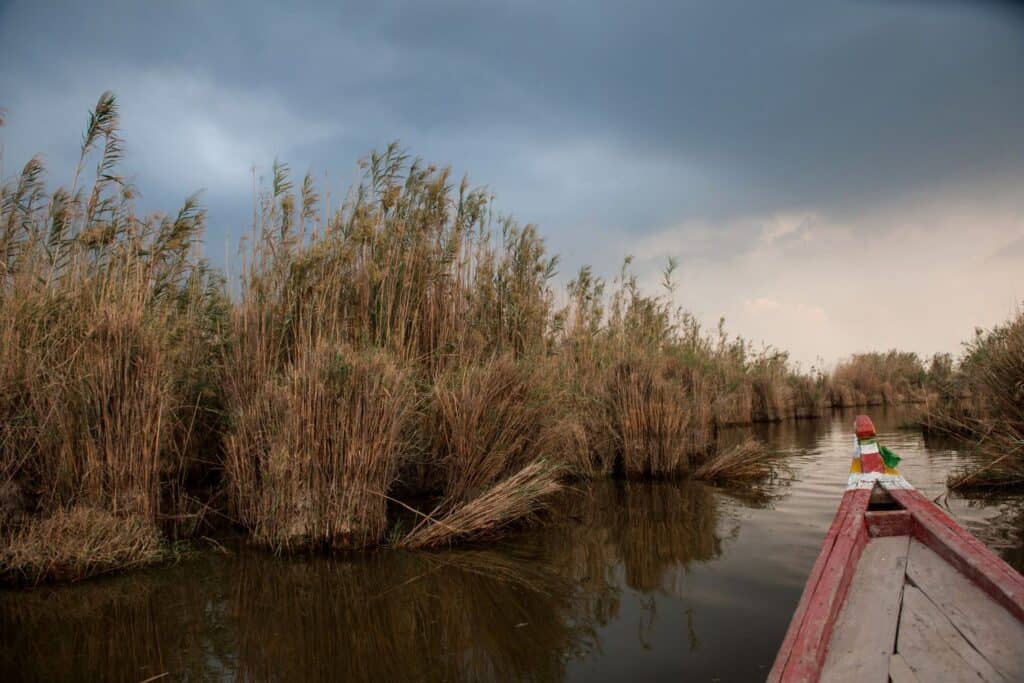
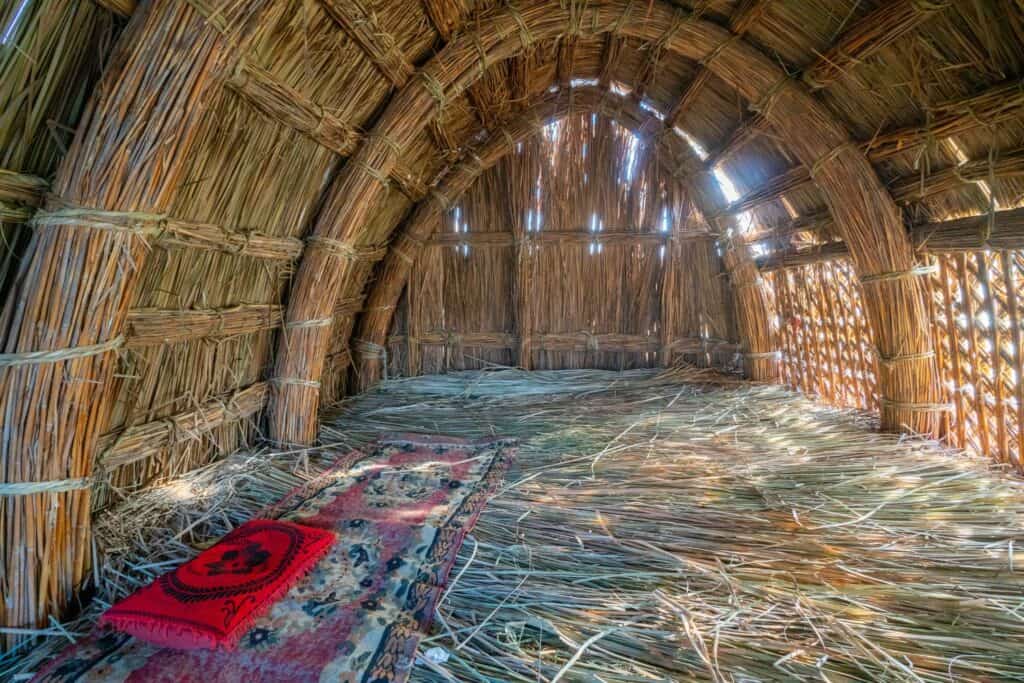
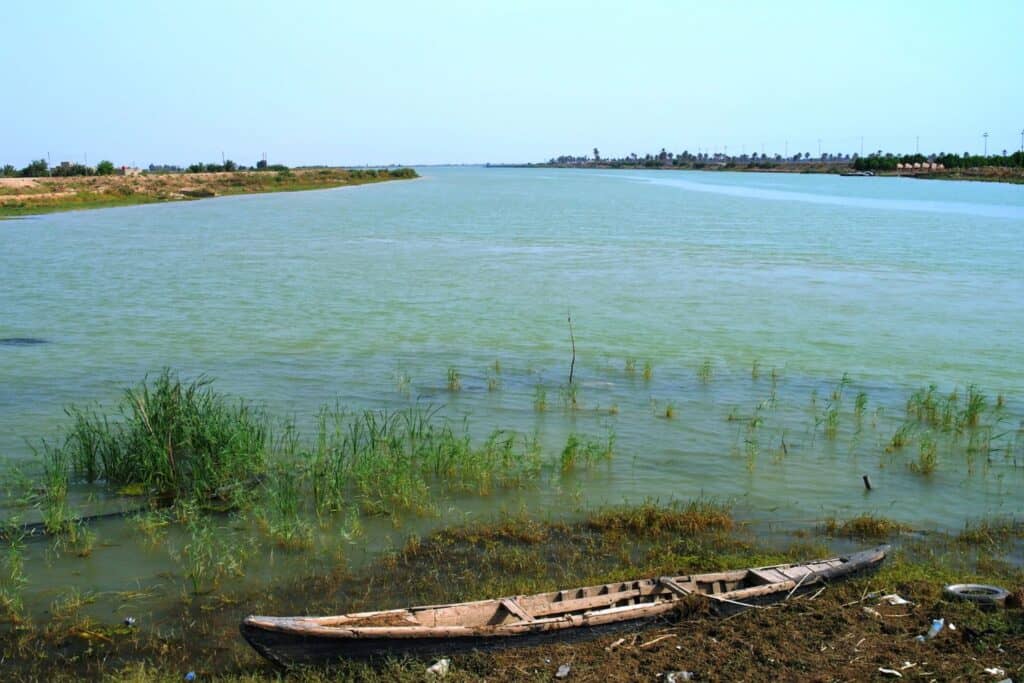
Historical and Cultural Insights:
Historical Significance:
- Basra’s History: Founded in 636 AD, Basra played a crucial role in early Islamic history and was a key center of trade and scholarship during the Abbasid period.
- Ancient Civilizations: The area around Basra was influenced by ancient Mesopotamian civilizations, including the Sumerians and Babylonians.
Cultural Heritage:
- Traditional Crafts: Basra is known for its traditional crafts, including intricate textiles and pottery. Local markets are a great place to find these items.
- Cuisine: Basra offers a variety of traditional Iraqi dishes. Don’t miss local specialties like kebabs, pilafs, and fresh seafood from the Shatt al-Arab River.
Activities and Experiences:
Boat Rides on Shatt al-Arab:
- Take a traditional dhow ride to enjoy the scenic views and the vibrant life along the riverbanks.
Exploring Local Markets:
- Al-Sadr City Market: Known for its bustling atmosphere and a wide range of goods.
- Souq al-Muqayyar: A historical market offering traditional items and local produce.
Visit to Historical Sites:
- Al-Basrah University: One of the key educational institutions in Iraq, offering a glimpse into modern Basra’s academic life.
- Basra’s Fortifications: Explore remnants of ancient fortifications that tell the story of the city’s strategic importance.
Practical Information:
Accommodation:
- Hotels: Options range from international chains to local hotels. Consider staying at places like the Grand Millennium Basra or Coral Reef Hotel.
Transportation:
- Local Transport: Taxis and local buses are available. It’s advisable to use trusted taxi services or arrange transportation through your hotel or tour operator.
- Renting a Car: If you plan to drive, ensure you’re aware of local driving conditions and regulations.
Safety and Health:
- Emergency Services: Familiarize yourself with local emergency numbers. In Iraq, the general emergency number is 911.
- Health Precautions: Be aware of local health advisories and have a plan for accessing medical services if needed.
Weather:
- Climate: it has a hot desert climate with very hot summers. The best time to visit is from October to March when temperatures are milder.
Useful Resources:
- Travel Guides: Check out guides from sources like Lonely Planet for more detailed insights and tips.
- Local Contacts: Consider reaching out to local tourism offices or travel agencies for updated information and assistance.
If you have specific interests or needs for your trip, contact us, and we can provide more targeted recommendations!
Travel Tips:
- Visa Requirements: Ensure you have the proper visa for Iraq. Check with the Iraqi embassy or consulate for the latest requirements.
- Security: Check the latest travel advisories and local security conditions. It’s advisable to stay updated on safety measures and travel with a trusted guide or tour operator.
- Local Customs: Respect local customs and traditions. Dress modestly and be aware of local etiquette.
- Health and Safety: Be cautious about food and water hygiene. It’s advisable to have necessary vaccinations and carry a basic first-aid kit.
- Language: Arabic is the official language. While English is not widely spoken, having a translator or guide could be helpful.
Conclusion
Basra, with its deep historical roots and vibrant cultural scene, offers a unique travel experience in Iraq. From exploring the scenic Shatt al-Arab River and ancient Al-Qurna District to indulging in traditional Iraqi cuisine and engaging with local traditions, it promises an enriching journey. As you plan your visit, ensure you respect local customs, stay informed about travel advisories, and prepare for health and safety considerations. By embracing the city’s heritage and following practical travel tips, you’ll gain a deeper appreciation of Basra’s historical significance and modern charm.
Basra is a city that enchants visitors with its rich history, vibrant culture, and natural beauty. Whether you’re a history enthusiast, a nature lover, or simply looking to explore the southern treasures of Iraq, Basra has something to offer. Plan your visit with Aknaf Al Sawary and discover the timeless charm and hidden gems of this remarkable city.
Embark on an unforgettable journey through Basra, and experience the blend of ancient traditions and modern developments that make this city truly unique. Discover the heart of southern Iraq with Aknaf Al Sawary – your trusted travel partner.
